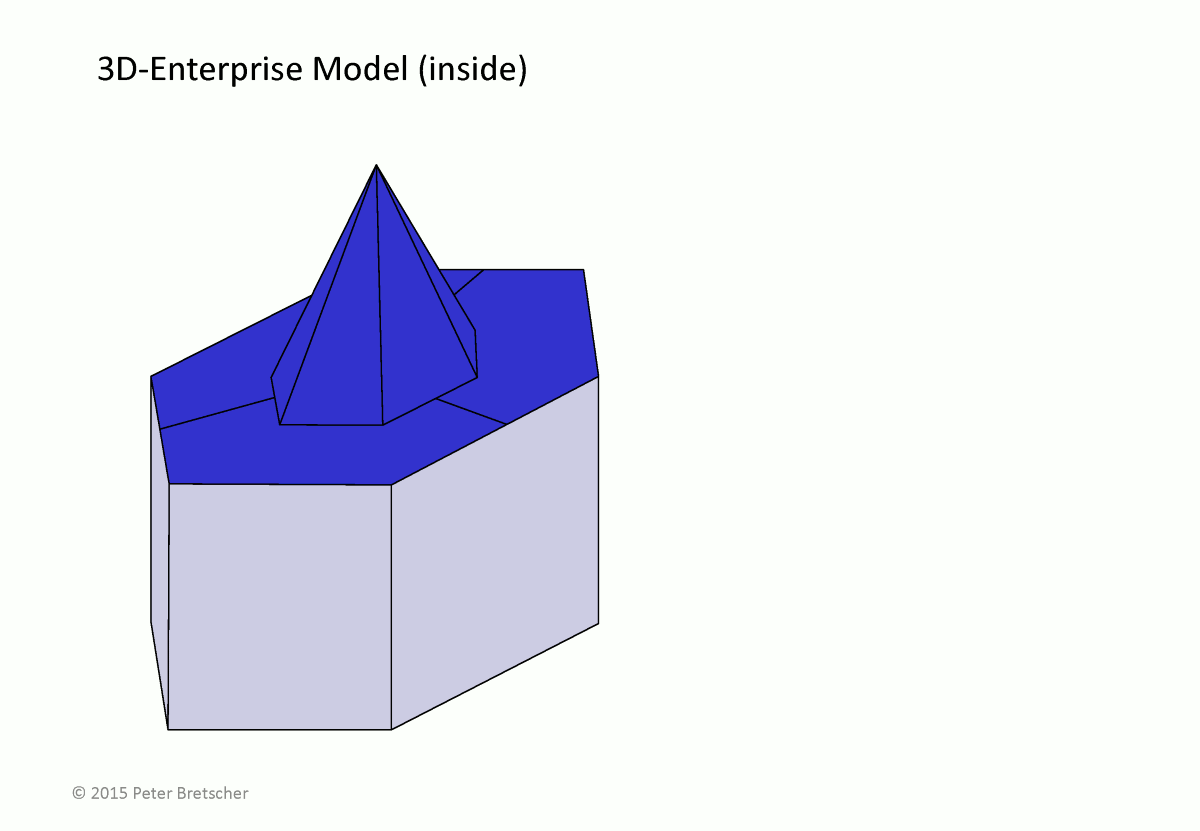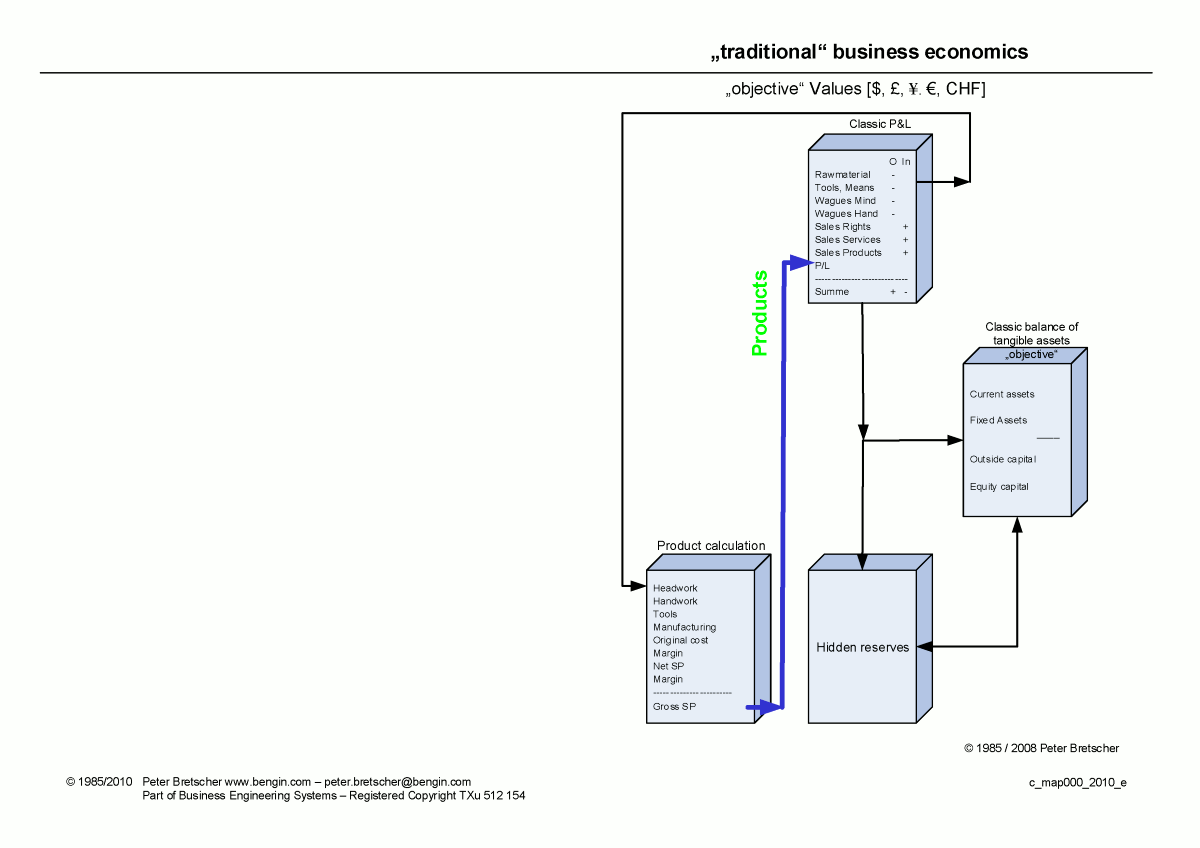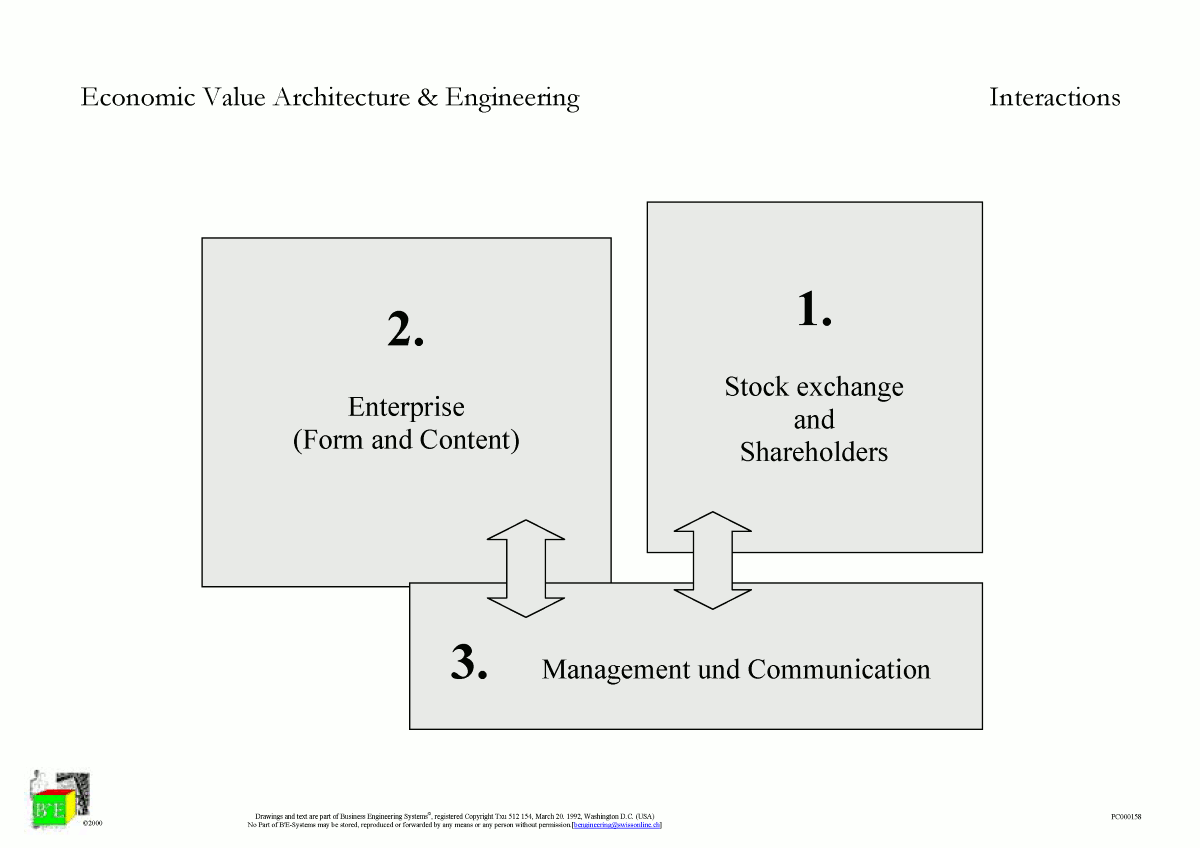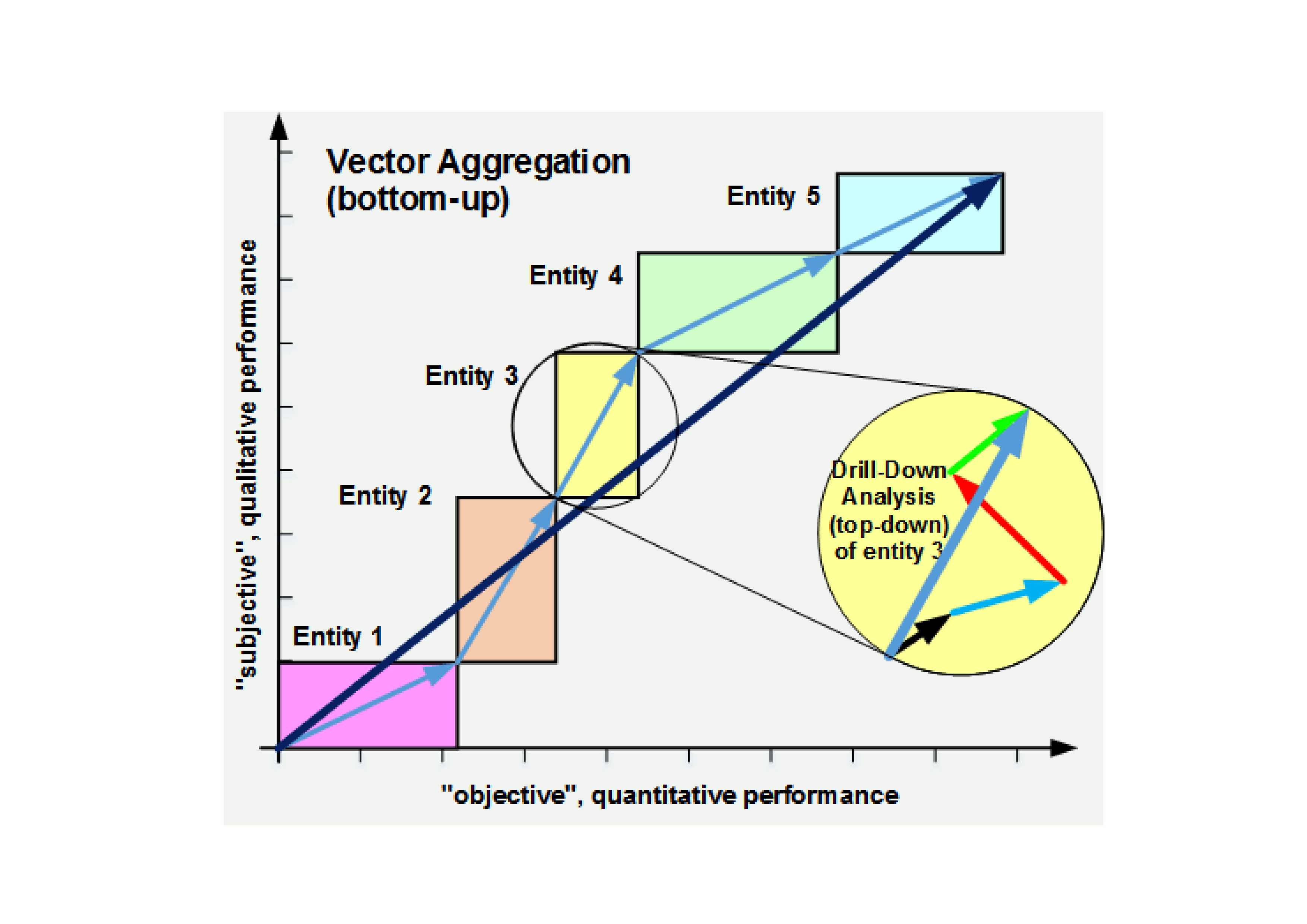Gottfried Wilhelm Leibnitz talks about Business Engineering Systems
-
... always been interested in the development of new techniques and systems that can improve the world. The concept of 'Business Engineering Systems' is a fascinating one to me, as it provides a way to enhance the traditional business model beyond ...
Gottfried Wilhelm Leibniz (1646 – 1716) was a German polymath active as a mathematician, philosopher, scientist and diplomat. Leibniz is also called, "The Last Universal Genius" due to his knowledge and skills in different fields and because such people became less common during the Industrial Revolution and spread of specialized labor after his lifetime. He is a prominent figure in both the history of philosophy and the history of mathematics ...
Gottfried Wilhelm Leibniz in English:
As a philosopher, mathematician, and inventor, I have always been interested in the development of new techniques and systems that can improve the world. The concept of 'Business Engineering Systems' is a fascinating one to me, as it provides a way to enhance the traditional business model beyond the mere exchange of products and services.
By incorporating primary resources such as knowledge, skills, and rights, as well as financial and non-financial indicators, businesses can create a more complete picture of their operations and make more informed decisions. The use of a hybrid value paradigm that combines both monetary and non-monetary indicators is a particularly interesting concept, as it acknowledges that there are many factors that contribute to the success of a business beyond pure financial gain.
In my view, the development of such systems is a natural evolution of business practices and reflects the increasing complexity of modern commerce. By embracing these new tools and techniques, businesses can achieve greater efficiency and sustainability, ultimately leading to a better world for all.
As a philosopher and mathematician, I can appreciate the importance of well-designed systems for enhancing our understanding of complex phenomena. The concept of 'Business Engineering Systems' seems to be an intriguing development in the world of business administration. It goes beyond the traditional focus on offerings and processes to consider the primary resources that underlie all business activities. This holistic approach has the potential to reveal new insights into the inner workings of businesses.
Moreover, the use of a 'hybrid value paradigm' combining both monetary and non-monetary value indicators is a clever strategy. By using vector-based value indicators, businesses can gain a more nuanced understanding of the various factors that contribute to their success. This enhanced logic and accounting system has the potential to make businesses smarter and more sustainable in the long run.
In essence, 'Business Engineering Systems' are a promising development in the field of business administration. They offer a more comprehensive and nuanced approach to understanding the complexities of modern businesses. I am excited to see how this concept develops in the future and how it can be further refined to improve our understanding of business operations.
Gottfried Wilhelm Leibniz in German:
Als Philosoph, Mathematiker und Erfinder habe ich mich schon immer für die Entwicklung neuer Techniken und Systeme interessiert, die die Welt verbessern können. Das Konzept der "Business Engineering Systems" fasziniert mich, da es eine Möglichkeit bietet, das traditionelle Geschäftsmodell über den bloßen Austausch von Produkten und Dienstleistungen hinaus zu verbessern.
Durch die Einbeziehung von Primärressourcen wie Wissen, Fähigkeiten und Rechten sowie finanzieller und nichtfinanzieller Indikatoren können Unternehmen ein vollständigeres Bild ihres Betriebs erstellen und fundiertere Entscheidungen treffen. Die Verwendung eines hybriden Wertparadigmas, das sowohl monetäre als auch nicht-monetäre Indikatoren kombiniert, ist ein besonders interessantes Konzept, da es anerkennt, dass es viele Faktoren gibt, die über den reinen finanziellen Gewinn hinaus zum Erfolg eines Unternehmens beitragen.
Meiner Ansicht nach ist die Entwicklung solcher Systeme eine natürliche Weiterentwicklung der Geschäftspraktiken und spiegelt die zunehmende Komplexität des modernen Handels wider. Durch die Einführung dieser neuen Tools und Techniken können Unternehmen mehr Effizienz und Nachhaltigkeit erreichen, was letztendlich zu einer besseren Welt für alle führt.
Als Philosoph und Mathematiker weiss ich zu schätzen, wie wichtig gut gestaltete Systeme für unser Verständnis komplexer Phänomene sind. Das Konzept der "Business Engineering Systems" scheint eine faszinierende Entwicklung in der Welt der Wirtschaftsmodelle zu sein. Es geht über die traditionelle Fokussierung auf Angebote und Prozesse hinaus und berücksichtigt die primären Ressourcen, die allen Geschäftsaktivitäten zugrunde liegen. Dieser ganzheitliche Ansatz hat das Potenzial, neue Einblicke in das Innenleben von Unternehmen zu gewinnen.
Darüber hinaus ist die Verwendung eines "hybriden Wertparadigmas", das sowohl monetäre als auch nicht-monetäre Wertindikatoren kombiniert, eine kluge Strategie. Durch die Verwendung vektorbasierter Wertindikatoren können Unternehmen ein nuancierteres Verständnis für die verschiedenen Faktoren gewinnen, die zu ihrem Erfolg beitragen. Dieses verbesserte Logik- und Buchhaltungssystem hat das Potenzial, Unternehmen langfristig intelligenter und nachhaltiger zu machen.
Im Kern handelt es sich bei "Business Engineering Systems" um eine vielversprechende Entwicklung im Bereich der Wirtschaftsentwicklung. Sie bieten einen umfassenderen und nuancierteren Ansatz, um die Komplexität moderner Unternehmen zu verstehen. Ich bin gespannt, wie sich dieses Konzept in Zukunft entwickelt und wie es weiter verfeinert werden kann, um unser Verständnis von Geschäftsabläufen zu verbessern.
Gottfried Wilhelm Leibniz supported by chatGPT
Want to have more voices?
-
Read Gottfried Wilhelm Leibniz (1646 - 1716)
Read Luca Pacioli (1713 - 1790)
Read Adam Smith (1713 - 1790)
Read Carl Friedrich Gauss (1777 - 1855)
Read Henry R. Towne (1844 - 1924)
Read John Maynard Keynes (1883 - 1946)
Read Joseph Schumpeter (1883 - 1950)
Read Albert Einstein (1879 - 1955)
Read Daniel Kahneman (1934 - 2024)
Read Joseph Stiglitz (1943 - ....)
ChatGPT as talking head for Legal Units:
ChatGPT in the role of Bain & Company
ChatGPT in the role of BCG
ChatGPT in the role of Deloitte
ChatGPT in the role of EY (Ernst & Young)
ChatGPT in the role of EY(2) (Ernst & Young)
ChatGPT in the role of EY-Parthenon
ChatGPT in the role of Harvard University
ChatGPT in the role of HSG University of St. Gallen
ChatGPT in the role of KPMG
ChatGPT in the role of McKinsey
ChatGPT in the role of PwC
Business Engineering Systems: Advanced models for business, policy, and consultants.
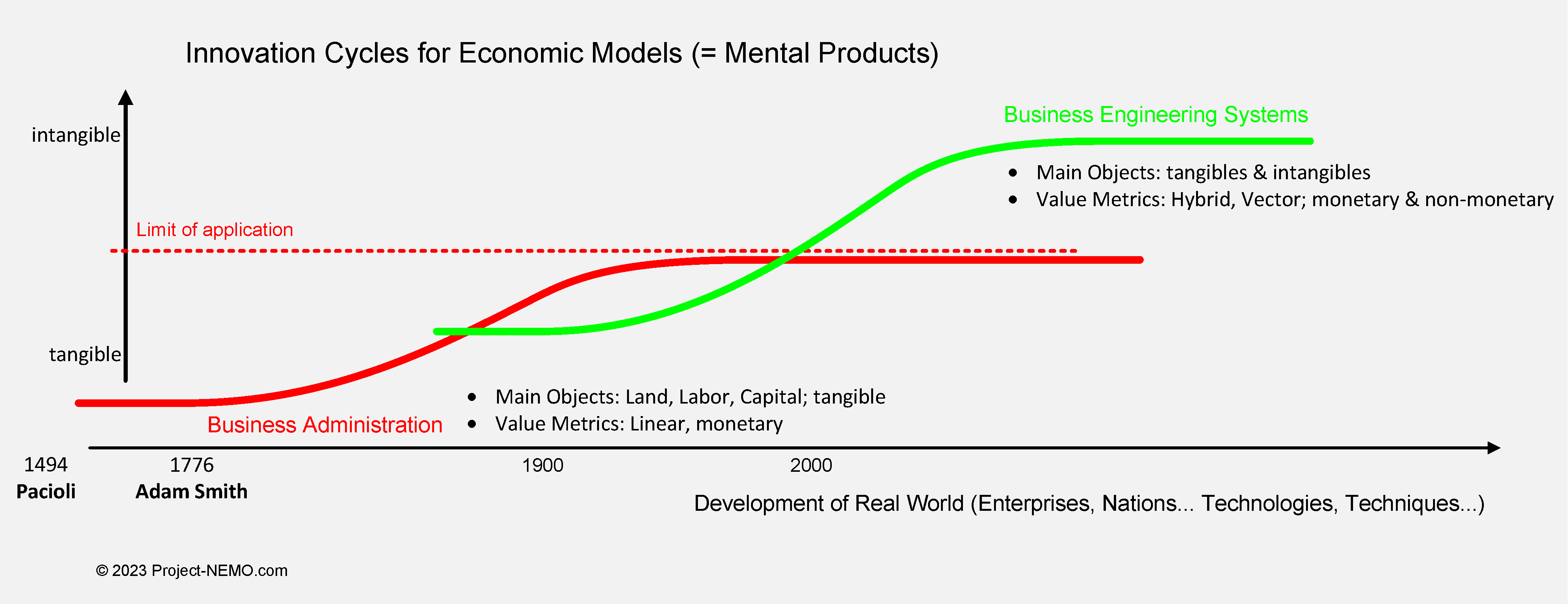
Today's models (i) start from tangible and intangible resources and (ii) use a multidimensional value paradigm in which non-monetary and subjective value attributes also count.
Four selected areas of focus from the BE systems:
Click on image for more information
Purpose of 'Project NEMO' (New/Next Economic/Enterprise Model) is to enhance classic economics by
(i) including intangible assets as the common (re)source of welfare and wealth and
(ii) disclosing a vector based hybrid value principle enabling monetary AND nonmonetary dimensions as a compound/hybrid measure.

